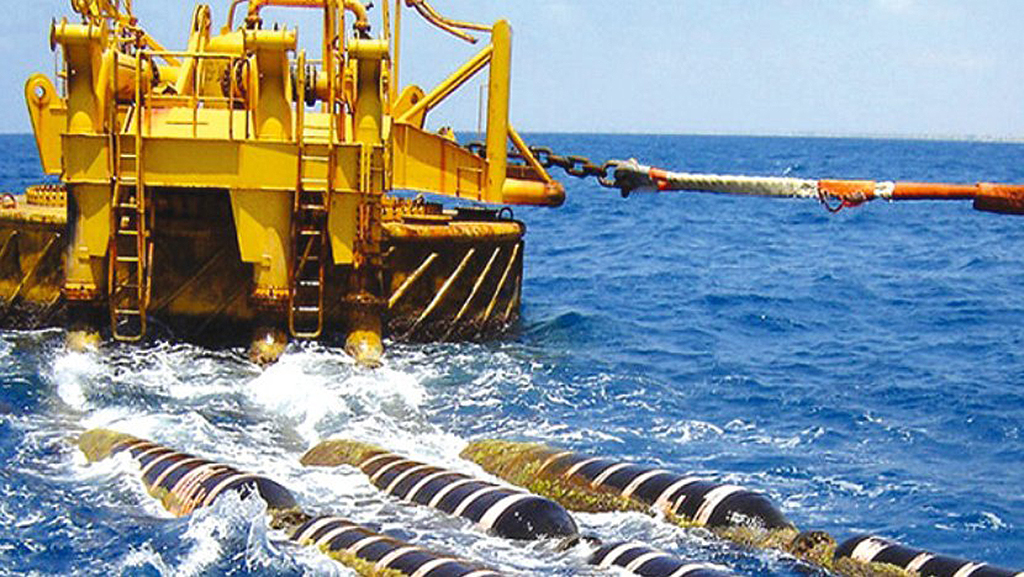The cabinet will on Tuesday continue discussing the Great Sea Interconnector, as reports on Monday suggested the government is now grappling with the issue of whether the Cypriot state will become an equity stakeholder in the company running the project.
The Cyprus Mail was able to confirm that a session of the cabinet will take place on Tuesday, and that the mooted Cyprus-Greece electricity interconnector will be on the agenda. But our sources would not be drawn on whether any decisions would be made.
Media reports said a major pending issue coming to the fore now relates to the Cypriot state’s participation in a special-purpose vehicle or holding company that would be established to run the interconnector project.
The government earlier intimated that, if it did decide to buy into the holding company, it would invest up to €100 million – or approximately 30 per cent of the shares.
Reportedly Greece’s Independent Power Transmission Operator (Admie), the promoter, argues that the Cypriot state’s direct participation would help ‘vouch’ for the €1.9 billion project and attract investors and financiers.
As on other issues, Admie has been pressing Nicosia to take decisions quickly. The project promoter says it needs to line up financing and a guaranteed revenue stream as the manufacturers of the subsea electricity cable are demanding payments.
But the government here has also publicly stated several times that it would decide to acquire a direct stake in the holding company only once it has assessed a cost-benefit analysis submitted to it by Admie. The assessment may not be delivered before November.
According to Phileleftheros, the government has twice invited tenders for a consultancy that would be tasked with assessing Admie’s cost-benefit analysis. To date, only one consulting firm – by the name of DNV – has responded.
DNV, which stands for Det Norske Veritas, is a Norway-based consultancy.
Phileleftheros reports that the presidency is favourably disposed toward the Cypriot state participating in the shareholding. The paper also said this matter would be discussed during Tuesday’s meeting of the cabinet.
The participation or not of the Cypriot state is separate to the issue of how much Cypriot consumers would pay toward the construction – and subsequent operation – of the interconnector.
Earlier reports suggested that Cypriot consumers will start paying €25 million a year, for a period of five years until the end of 2029. This would give the project promoter a guaranteed revenue stream, covering part of the construction costs. In Greece meanwhile, consumers will pay a fee toward the project beginning on January 1, 2025. The interconnector itself is expected to go live in 2030.
As for the ‘geopolitical risk’ – which includes possible interference by the Turkish navy with the laying of the cable – Athens has purportedly softened its stance in talks with Nicosia. The Greek government has reportedly agreed to undertake 50 per cent of this risk. Up until now, the geopolitical risk had been weighted 63 per cent for Cyprus, 37 per cent for Greece.







Click here to change your cookie preferences